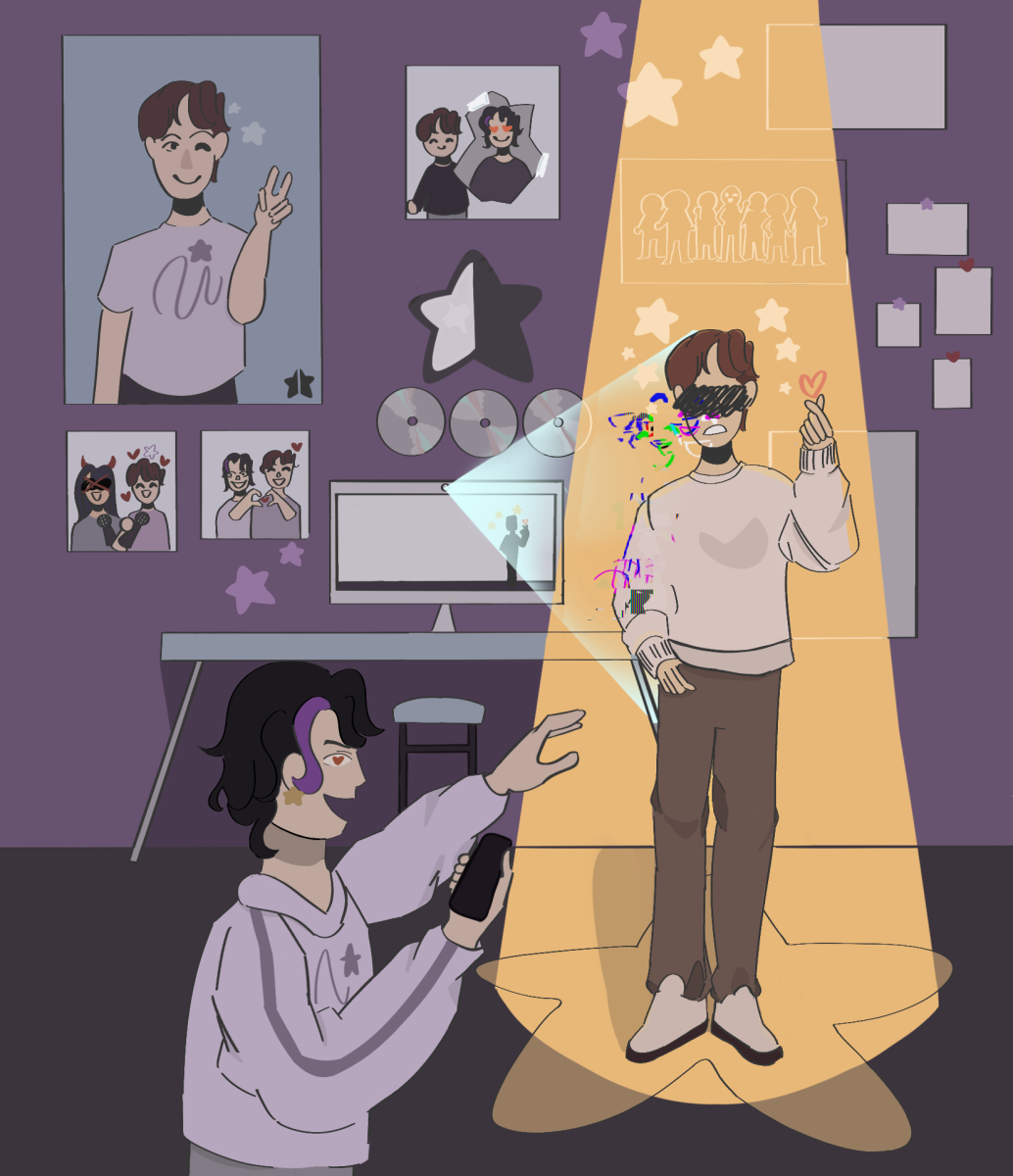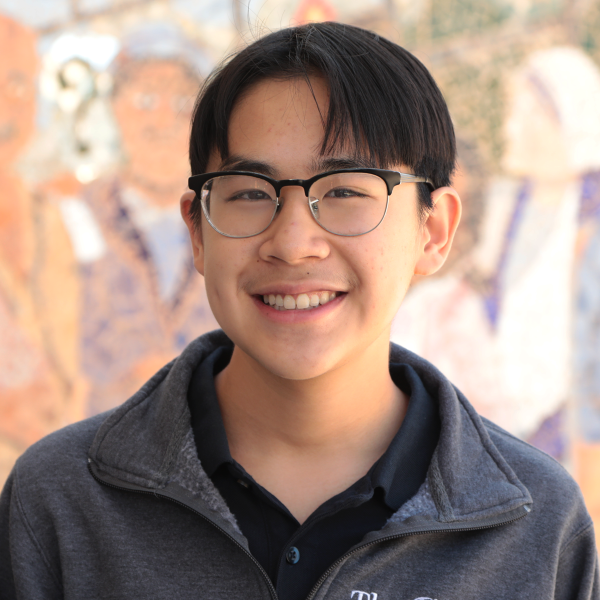From pushing boundaries with online strangers to crashing celebrities’ private events, parasocial relationships have started to consume society. Normalized as “stan behavior,” this warped perception of a personal connection between public figures and devotees must stop for both parties’ safety.
The phenomenon of parasocial relationships is not new, and many have ended tragically. In 2016, Christina Grimmie was shot during a meet-and-greet by an obsessed fan who passionately believed they were “soulmates.” Normalizing these is dangerous for the wellbeing of the celebrity, as fans’ relationships and idealization can transpire into aggression, endangering the star.
More recently, Doja Cat faced backlash for telling fans that proclaimed themselves as “Kittenz” — Doja Cat’s official fanbase name — to “get a job” among other comments against their behaviors with her. Denouncing themselves, fans expected her to apologize and say she loved them. Even though the artist-fan relationship is purely hypothetical and without merit or foundation, many were outraged as Doja Cat shattered the illusion in their heads.
“When people become engaged with someone they don’t even know on the internet, they take ownership over that person. They think that person belongs to them in some sense,” Doja Cat said, commenting on the entitlement fans feel, perpetuated by social media’s overabundance with this behavior and its normalization.
Fans also weigh in on personal decisions with anger; for example, when EXO member Chen announced his fiancée’s pregnancy, he was met with death threats and calls for his removal from the group due to having premarital intercourse and thus being “disloyal” to fans. Despite being an event that didn’t affect them, fans lashed out since he didn’t fit the mold they created in their heads.
Some fans also believe that since public figures are in the limelight, they inherently renounce their right to basic privacy and are exceptions to laws like stalking, enabling fans to go through plane and hotel records to violate celebrities’ personal life. NCT’s Jaehyun had his hotel room broken into by a fan, who claimed it was public knowledge since the idol wasn’t actively hiding their location. These “fans” invasively pry for details, as if they’re attractions without human feelings like fear. Similarly, Taylor Swift’s home has also been broken into, with one man showering and then sleeping in her bed. Parasocial relationships further the notion that celebrities aren’t real people with boundaries, but instead figureheads to idolize and fantasize about.
Through these violations of boundaries and blatant human indecencies, fans put celebrities on pedestals — and when they respond like “normal” people would, they’re scorned and met with hate. Celebrities, who already struggle with public scrutiny, face depersonalization and are expected to be grateful for the attention as “support.” Regardless of the support they receive, stars have a right to privacy both on and offline. Fans must stop entitling themselves to intimate relationships when a celebrity has never encouraged it.




























































